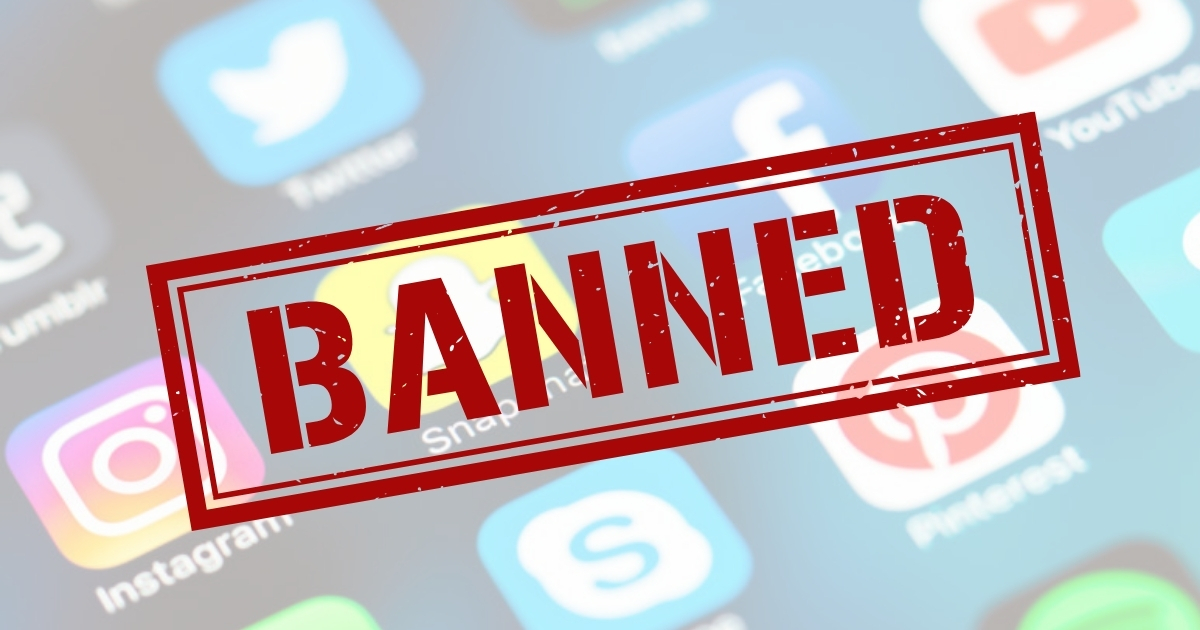Nepal Shuts Down 26 Social Media Apps, Including Youtube: What You Need to Know
Published on: 3 months ago (Sep/05/2025)
Overview
How new regulations are reshaping Nepal's digital landscape overnight

Kathmandu, Nepal - In a significant move that has sent ripples across the nation, the Nepalese government has banned 26 social media applications, most notably the popular video-sharing platform Youtube. The decision, which went into effect yesterday, September 4, 2025, has sparked widespread debate about freedom of expression, economic impact, and the future of digital regulation in the country.
Why the Ban?
The government has cited concerns over the misuse of the platforms for illegal activities and the spread of content that disrupts social harmony as the primary reasons for the ban. According to the Nepal Telecommunications Authority (NTA), the move targets apps that have failed to comply with the nation's legal and regulatory frameworks.
This action follows the implementation of the 'Directives on the Operation of Social Networking 2023,' which requires social media companies operating in Nepal to establish a local office or appoint a representative, and to register with the Ministry of Information and Communication Technology. Officials claim the banned applications, including popular platforms like Likee and Bigo Live alongside TikTok, did not adhere to these new regulations.
The Immediate Impact
The ban's most significant and immediate impact is on the thousands of Nepali content creators, digital marketers, and small business owners who rely heavily on these platforms for their livelihood. For many young Nepalis, TikTok was not just a source of entertainment but a vital tool for entrepreneurship, allowing them to build brands, market products, and reach a global audience.
Critics argue that a blanket ban is a heavy-handed approach that punishes legitimate users and businesses. Concerns are growing that this could stifle creativity and innovation within Nepal's burgeoning digital economy.
Freedom of Expression on the Line?
Beyond the economic fallout, the ban has raised serious questions about freedom of speech and expression. Civil society groups and digital rights activists are decrying the move as a form of censorship and a step backward for democracy. They argue that social media platforms are essential spaces for public discourse, dissent, and the free flow of information.
While the government maintains that the goal is to create a safer online environment, many fear this could set a dangerous precedent, potentially leading to further restrictions on digital freedoms in the future.
What's Next?
The government has stated that the ban will remain in place until the companies comply with local laws. This puts the ball in the court of major tech giants. Will they register in Nepal, or will they forgo the market?
For now, citizens, creators, and businesses are left navigating a new digital landscape. The long-term consequences of this decision on Nepal's society, economy, and democratic values remain to be seen. The nation watches closely, and the world is taking note.
What are your thoughts on the social media ban? Share your opinions in the comments below!
